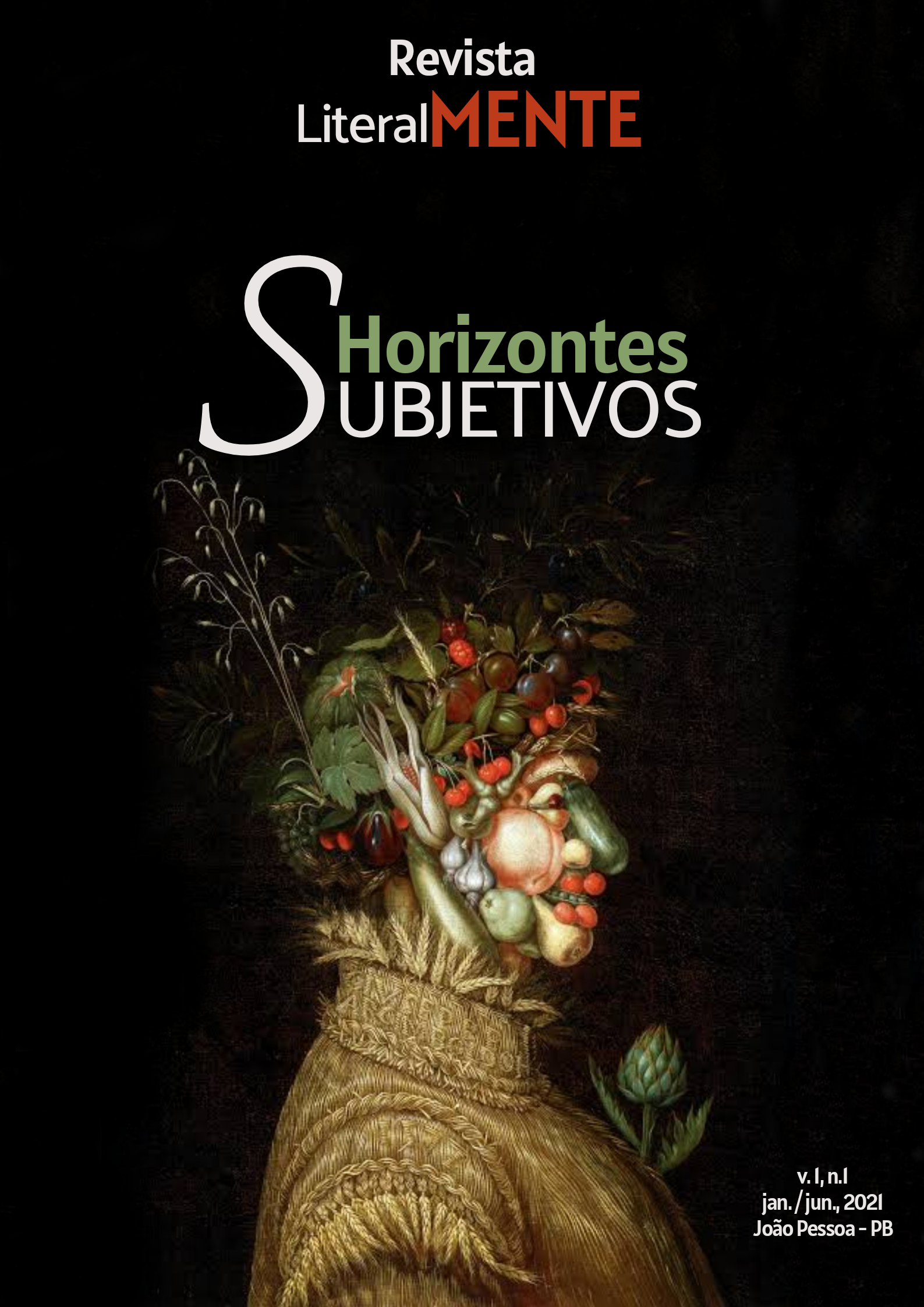NUPCIAL HOMES, FAMILY IDYLLS:
WHEN EROS POSTS THE FRATERNITY IN "HELENA", BY MACHADO DE ASSIS
Keywords:
Literatura brasileira, Psicanálise, Incesto, Machado de AssisAbstract
Since the calendas of mythology, gods and heroes intertwine, sexually and lovingly, with other members of their own consanguinity – it is worth remembering the hymeneus between Zeus and his sister Hera; between Oedipus and his mother Jocasta; between Uranus and his mother Gaia; and the fraternal incest between Cronos and Rhea. Archetypally, such idylls are fugitive elements of literature. No wonder they surfaced in Literary Realism, updating themselves in the poetics of great names in world literary historiography. Infiltrating, as well as surpassing, realistic narratives, Sigmund Freud announced that family organizations and parental ties often encounter precarious elaborations and limp parental roles, so that unconscious sexual urges deteriorate mere social conventions. In this corollary, we will focus on Helena (1876), written by Machado de Assis, one of the most distinguished voices in Brazilian literature, in order to wander through the field of incestuality, whose theatricalization puts on stage the brothers Helena and Estácio. For that, we resorted to psychoanalytic texts, which weave about (dis)ordered family dynamics, fused relationships and, obviously, about incest.










